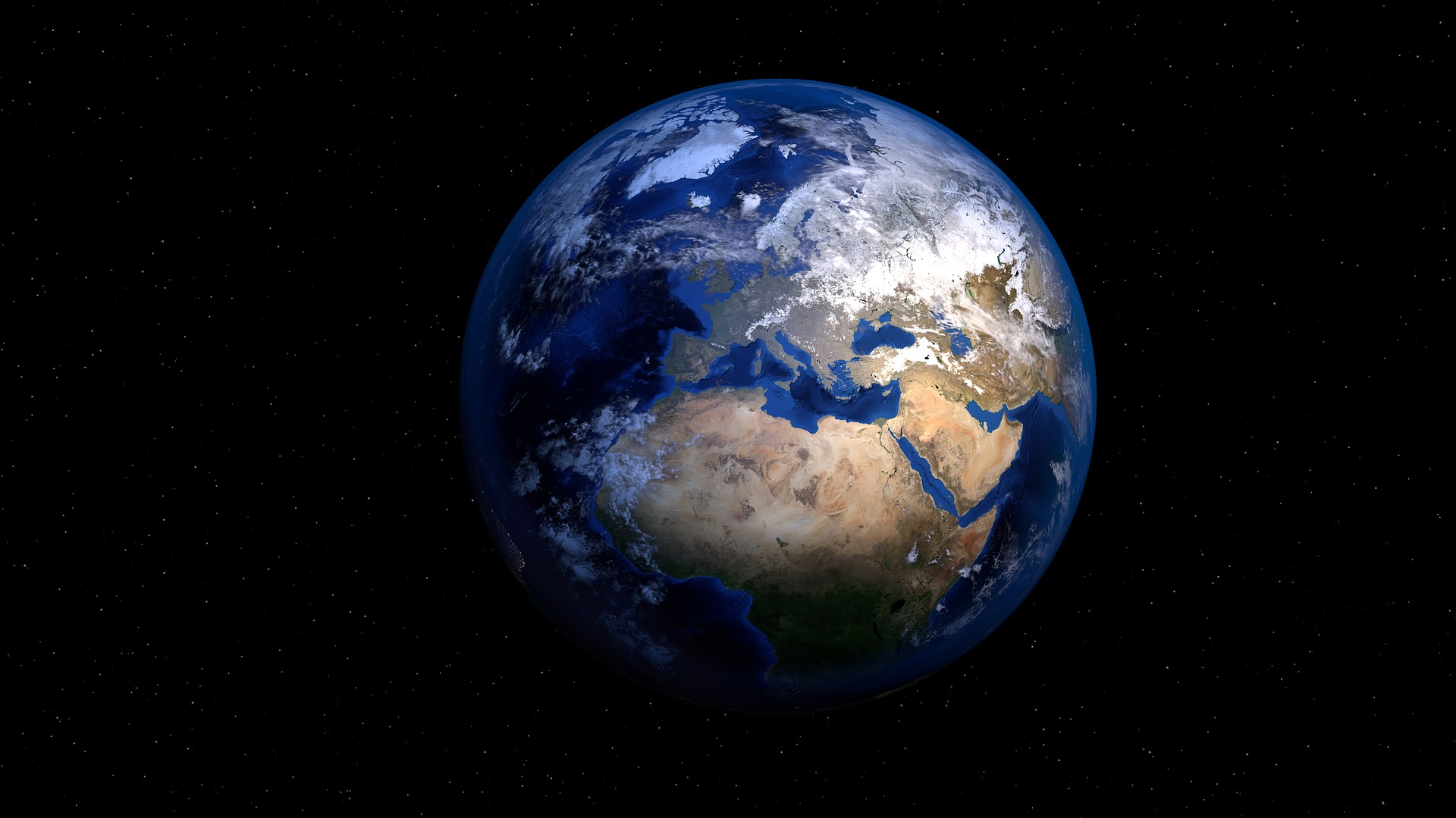A recent Politico headline over a story that should have never been written read:
“Soak up the February sun? Not without climate change guilt in California.”
From there, it got worse. Lead paragraph:
“Californians are lounging in parks, wearing shorts to the beach and dining al fresco without heat lamps in February — and feeling terrible about it.”
How many Californians are “feeling terrible about” recent warm winter temperatures? It doesn’t say. Surely not all. But the message is that we all had better dilute our pleasure with a heaping helping of guilt.
“I want to enjoy the ability to go outside and be in the sun, but I think creeping in the back of my mind is, ‘What does this mean for the future?’” a San Franciscan who was enjoying an outdoor lunch told the reporters. “Just balancing the immediate satisfaction with the kind of dread of it.”
It’s hard to open the pages of a corporate media outlet and not feel as if the end times are here. Report after report tells us that every storm, dry spell, variation in weather trends, shift in human and animal migratory patterns, and oddity in vegetation growth – to name only a few of many examples – is caused by climate change, the clear implication being that man’s greenhouse gas emissions are threatening his existence as well as his planet’s.
The stories are missing a lot.
One, the entire country doesn’t produce enough greenhouse gases to make a difference. U.S. emissions are 15% of the world’s total.
“Even if Americans were on board with this radical change in behavior and lifestyle” – the Green New Deal – “it wouldn’t change our climate,” says the Heritage Foundation.
“In fact, the U.S. could cut its carbon dioxide emissions 100% and it would not make a difference in abating global warming.”
Two, there’s never any mention of human adaptability.
If Earth warmed to catastrophic levels for any reason, does anyone believe people would just sit around and watch it all unfold, drinking wine, playing cards, and maybe doing a little fiddling on the side? (For the record, the United Nations climate projections cover a long period. Only the true fanatics are predicting an overnight disaster.) Man’s history, and the fact that humans have not only survived but prospered, is indisputable evidence of human resilience.
Yet “climate impact assessments often assume away mankind’s remarkable capacity for adaptation,” says the Competitive Enterprise Institute, even as “adaptation’s proven power is evident in the dramatic long-term reduction in climate-related mortality.”
Three, global temperatures haven’t budged much since 1979, when satellite measurements, the only trustworthy metric we have, began. Tree rings from Siberia, conflicting ice cores, archaic equipment from earlier eras, the subjectivity and error of thermometer readings, and a temperature reconstruction that produced the “hockey stick” chart do not inspire confidence in the temperature record going back thousands of years.
Despite the many reasons to doubt the narrative, we are bombarded with harrowing articles about an imminent climate cataclysm, told to feel guilt over warm sunny days we have no control over either way, and hectored to alter hard-earned lifestyles. What we should feel terrible about is not the risk of a falling sky but the missed opportunity in a different century to use facts to shut down the nagging before the climate Karens could gain traction. That’s the only tragedy here.
Kerry Jackson is a fellow with the Center for California Reform at the Pacific Research Institute.

